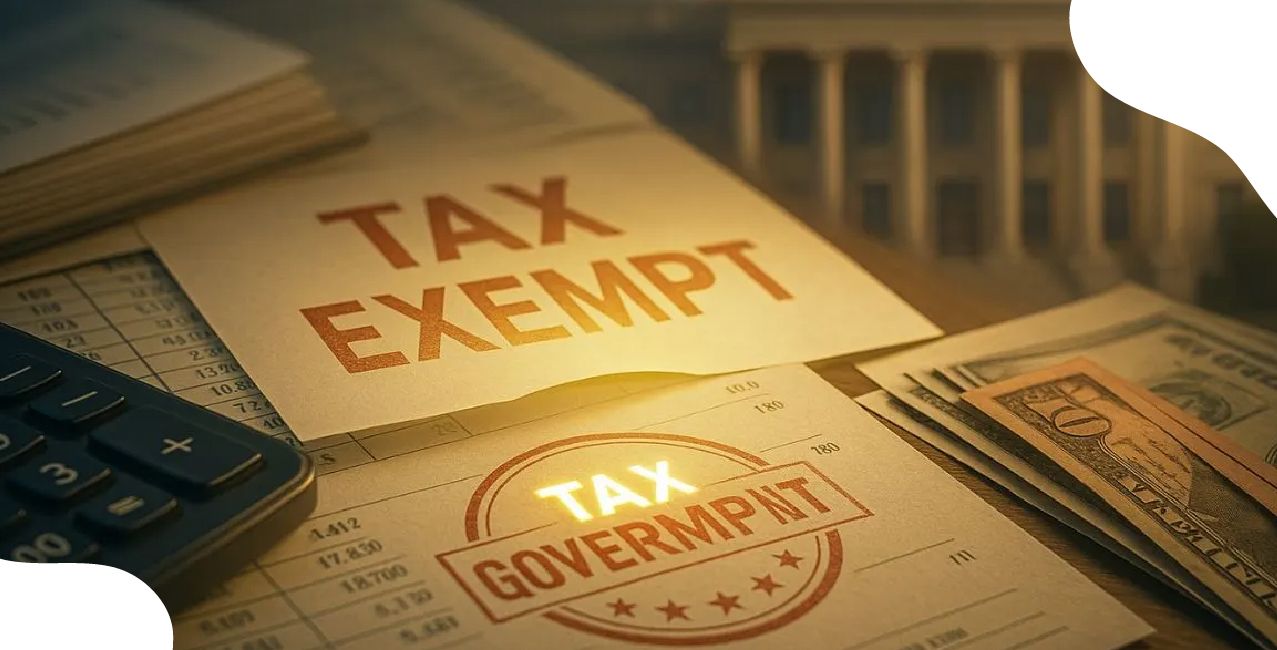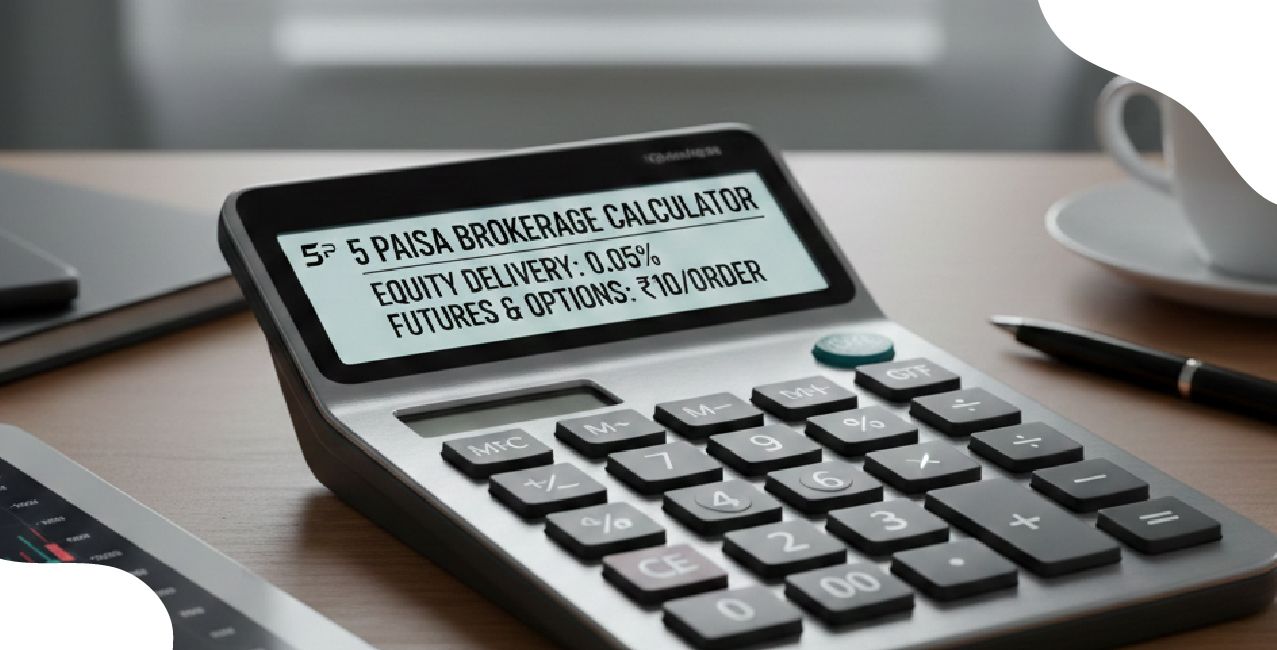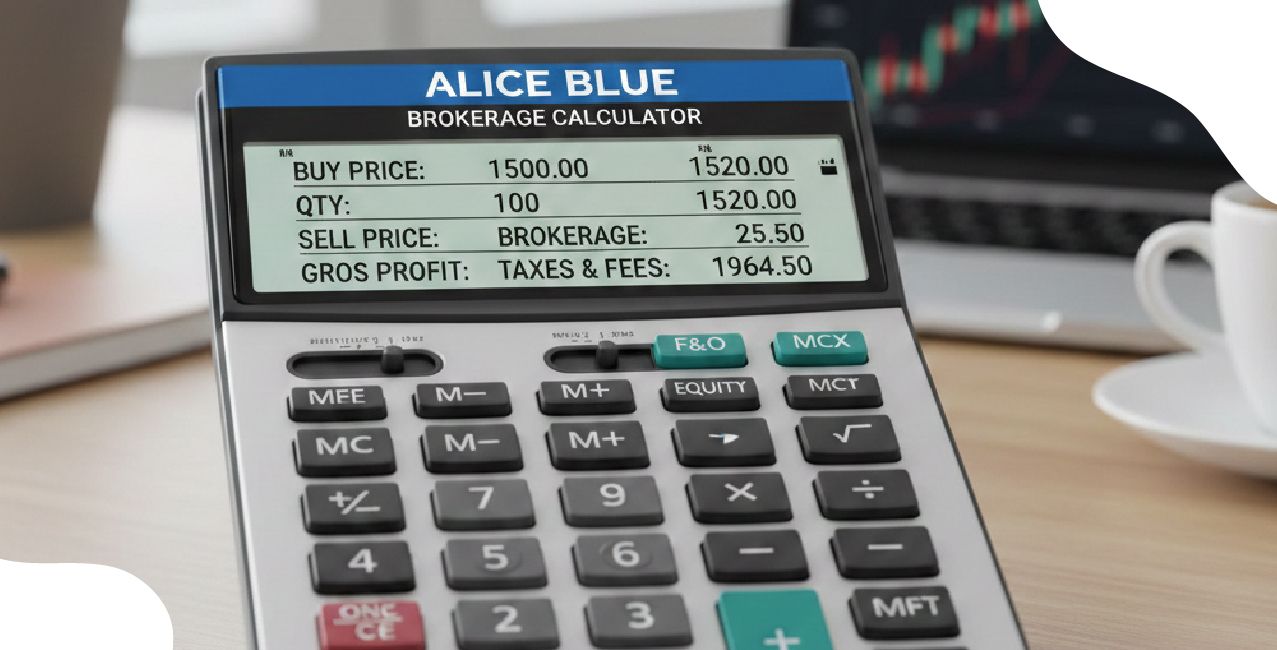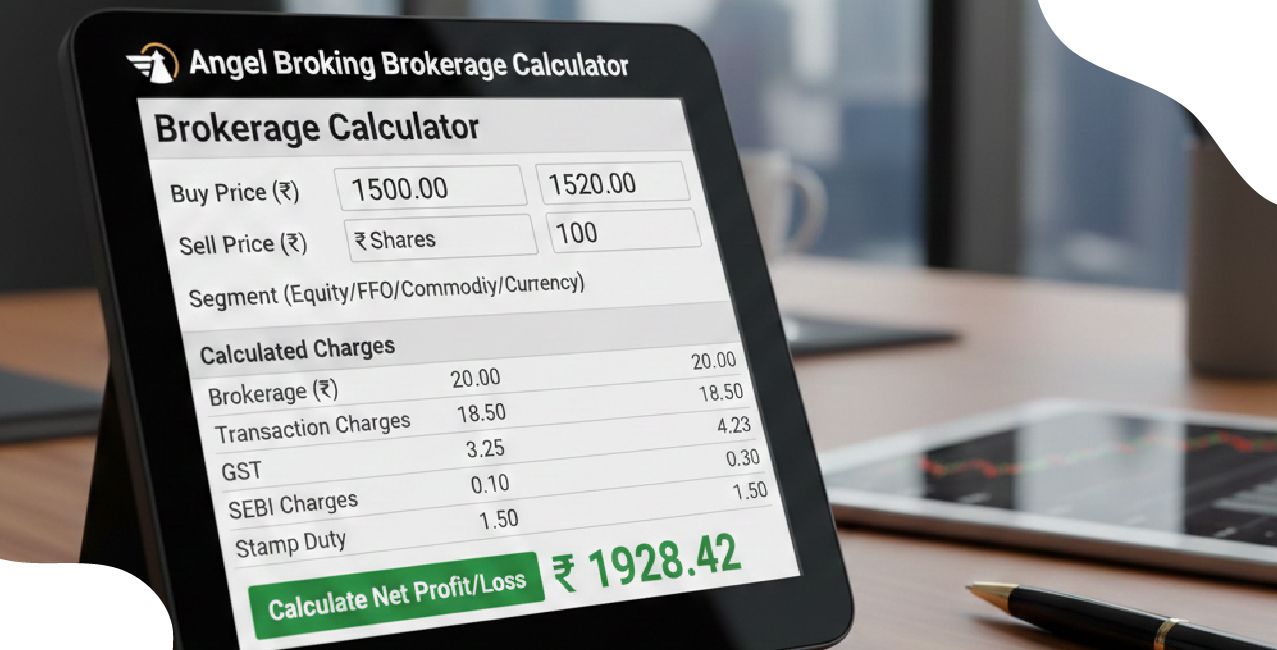Section 43B of the Income Tax Act: Deductions, Rules & Compliance

Check Your Loan Eligibility Now
By continuing, you agree to LoansJagat's Credit Report Terms of Use, Terms and Conditions, Privacy Policy, and authorize contact via Call, SMS, Email, or WhatsApp
Key Takeaways
- Section 43B of the Income Tax deals with some specific business or professional expenses when they are actually paid. Section 43B has various clauses such as 43B(a), 43B(b), 43B(c), 43B(d), and many more.
- Section 43B prevents you from reducing your taxable income by recording previous liabilities. Section 43B includes various key expenses such as tax, duty, cess, or fee payable under law, employer’s contribution to PF, ESI, gratuity, and NPS, and many more.
- Section 43B has various features. The key objectives of Section 43B of the income tax include restricting accrual-based deductions, protecting MSME vendors, and many more.
Section 43B of the Income Tax Act ensures that certain business expenses are allowed as deductions only when they are actually paid. They cannot be claimed only by booking them in the accounts. This provision was introduced to stop businesses from reducing their taxable income by recording liabilities that remained unpaid for a long time.
Suppose Nikhil owns a trading firm. In FY 2024-25, his firm made a profit of ₹60,00,000. During this year, he had the following expenses:
These expenses are deductible from the profit, except for vendor payment, as it was delayed. The following table shows the taxable profit calculation:
This clearly shows that the delay in vendor payment increased the taxable profit by ₹4,80,000. In this blog, we will learn more about Section 43B, its key expenses, importance, compliance rules, and objectives.
Key Expenses Covered Under Section 43B
Section 43B covers different kinds of expenses of businesses and professionals. The following table explains the nature of expenses and when they can be claimed:
The table mentioned above makes it clear that deductions are available only when you make the actual payment within the permitted time.
Bonus Tip: Before 1984, businesses could claim deductions on unpaid expenses using accrual accounting. Section 43B changed this by allowing deductions only when payments like taxes, duties, or employee contributions are actually made. This closed a major tax loophole.
Importance Of Section 43B
Section 43B has multiple benefits that promote compliance and the timely settlement of dues. The following are some key importance of section 43B:
- It prevents misuse of tax laws by claiming deductions without making payments.
- It ensures timely payment of statutory dues like GST, PF, gratuity, and cess.
- It promotes employee welfare as companies must deposit PF and bonus on time.
- It protects the interests of MSMEs by mandating timely payments within 15 or 45 days.
- It enforces financial discipline by linking tax benefits with real expenses.
Suppose a company purchases goods worth ₹5,00,000 from an MSME on 15 February 2025. The bill was due within 45 days, but the company made the payment only on 30 April 2025 (after 74 days).
Since this exceeds the 45-day limit, the expense cannot be claimed as a deduction in FY 2024–25 according to section 43B(h). It will only be allowed in FY 2025–26, the year in which the payment was actually made.
Objectives Of Section 43B
Section 43B of the Income Tax Act has various features. The following table highlights the main objectives of section 43B:
The objectives mentioned in the table above make Section 43B both preventive and corrective in nature.
Due Date And Compliance Requirements Of Section 43B
If you want to claim a deduction under Section 43B, then it is important for you to understand the due dates and compliance requirements for each type of expense. The following table highlights the due dates and compliance requirements of Section 43B:
If you follow the above-mentioned rules, then it will help you avoid disallowed deductions and ensure accurate reporting of taxable income.
Final Thoughts
You might have understood by now that section 43B plays a crucial role in ensuring businesses claim deductions only for actual payments made on time.
Section 43B of the Income Tax Act promotes financial discipline, timely payment of taxes, employee benefits, loan interest, and MSME bills. This prevents the misuse of accrued expenses.
If you follow section 43B, then you can avoid penalties, ensure accurate taxable income, and support small vendors with timely payments.
FAQs
1. Does Section 43B override accrual accounting?
Yes, for specified expenses it overrides accrual and allows deduction only on payment.
2. Is it mandatory to claim depreciation in income tax?
Yes, under the Income Tax Act, it is necessary to claim depreciation for eligible items, even if you have not recorded them in the profit and loss account.
3. Can bonus declared but unpaid be claimed under Section 43B?
No, it can be claimed only in the year of payment.
4. What is the difference between Section 40, 40A, and 43B?
Section 40 disallows expenses unrelated to business income, Section 40A limits cash or related-party payments, and Section 43B allows deductions only when statutory dues are actually paid.
5. How to check whether a vendor is an MSME?
You can verify a vendor’s MSME status through the Udyam Registration portal using their Udyam Registration number or by requesting their certificate directly from the vendor.
6. Who is eligible for 43B(h)?
Only micro and small enterprises that have obtained UDYAM registration are eligible for the benefit under Section 43B(h).
7. How long is the Udyam certificate valid for?
The Udyam certificate holds validity throughout the lifetime of the enterprise. There is no expiry, but updates must be made if business details such as investment, turnover, or ownership change.
Other News Pages | |||
About the author

LoansJagat Team
Contributor‘Simplify Finance for Everyone.’ This is the common goal of our team, as we try to explain any topic with relatable examples. From personal to business finance, managing EMIs to becoming debt-free, we do extensive research on each and every parameter, so you don’t have to. Scroll up and have a look at what 15+ years of experience in the BFSI sector looks like.
Subscribe Now
Related Blog Post
Recent Blogs
All Topics
Contents
Quick Apply Loan
Consolidate your debts into one easy EMI.
Takes less than 2 minutes. No paperwork.
10 Lakhs+
Trusted Customers
2000 Cr+
Loans Disbursed
4.7/5
Google Reviews
20+
Banks & NBFCs Offers
Other services mentioned in this article








